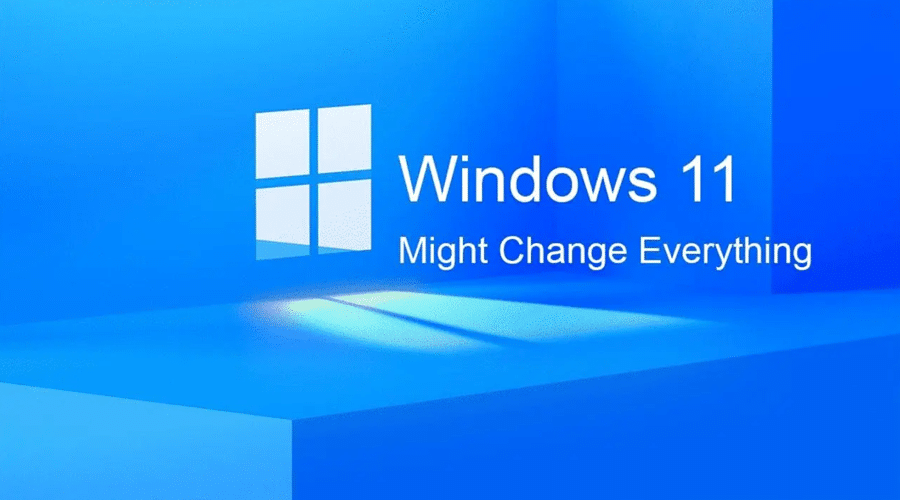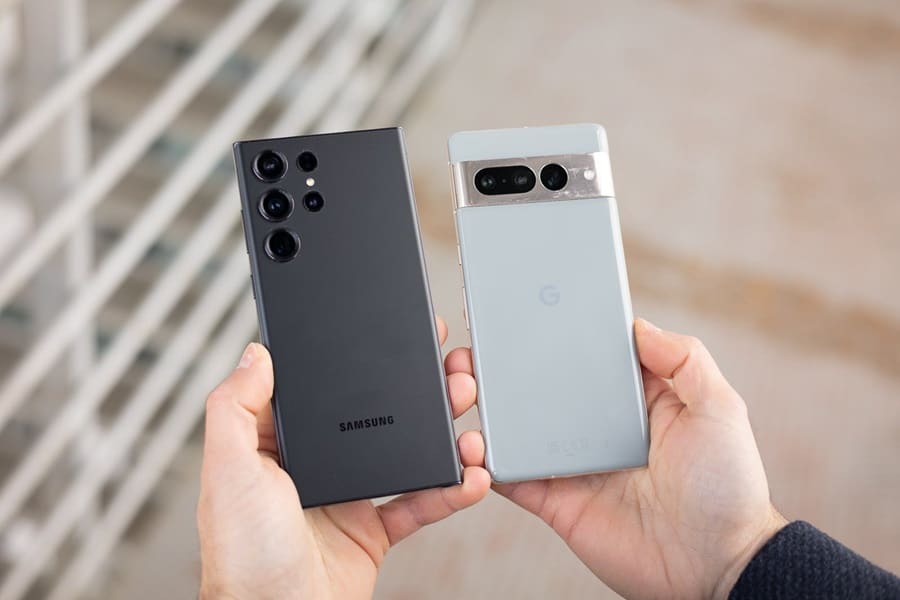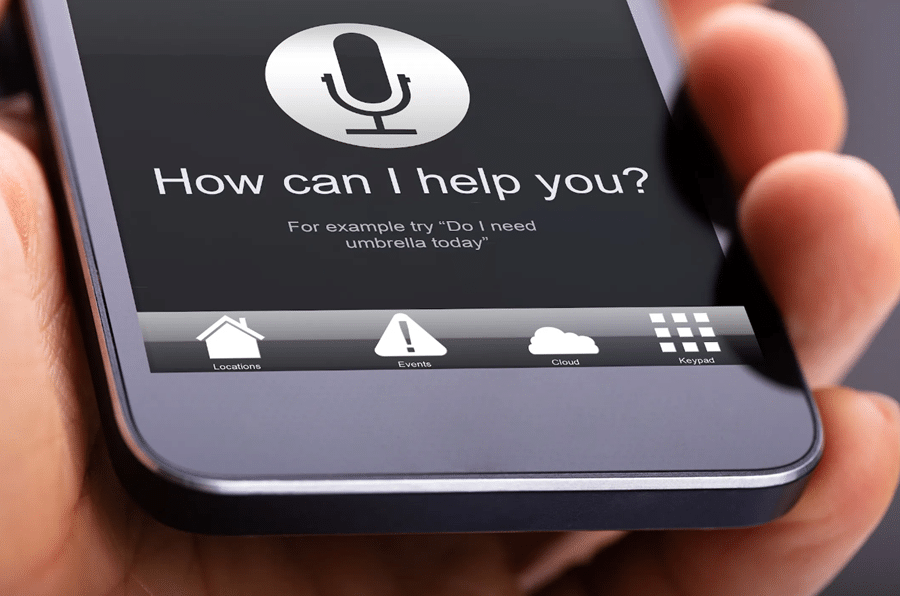As everyone moves further into the 21st century, more and more devices are becoming connected to the internet. Cell phones, smart TVs, cars, and even appliances are now “smart” devices that can connect to the internet and offer users added convenience and functionality. To support this rapidly growing demand for interconnected devices, telecommunications providers are working on developing a new fifth-generation mobile network called 5G. But what is 5G, and what benefits will it offer consumers? This article will explore the pros and cons of 5G technology.
Contents
Pros Of 5G

High Speeds
One of the main advantages of 5G technology is its high speed. With 5G, users can expect much faster download and upload speeds than with previous generations of mobile network technology. The higher speed is due to the higher frequency of the 5G signal, which allows for more data to be transmitted in a given period.
High-speed internet is especially beneficial for users who need to download or upload large files, such as videos or images. In addition, you can also use 5 G’s high speed to improve the quality of video streaming and gaming experiences. Thus, 5 G’s high speed is likely to be a significant selling point for many users.
Low Latency
Most people are familiar with the term “latency” in the context of computer gaming. Low latency is essential for gaming as it ensures minimal delay between when an action is taken and when it is carried out on screen. However, latency is also a critical factor in other areas, such as video streaming and virtual reality.
And it’s not just consumers who benefit from low latency – businesses do too. For example, those in the financial sector rely on low-latency connections to trade stocks and shares in real-time. 5G delivers significantly lower latency than previous generations of mobile technology. This will provide a significant boost to both consumers and businesses alike.
More Bandwidth
The fifth generation of cellular technology, 5G, is expected to bring several improvements over its predecessors. One of the most anticipated changes is the increase in bandwidth. With 5G, users can expect speeds up to 10 gigabits per second, a significant increase over 4G LTE. This extra bandwidth will be especially beneficial for those who use data-intensive applications such as streaming video or gaming. Overall, the increased bandwidth and lower latency of 5G are significant advantages likely to appeal to a wide range of users.
Increased Capacity
One of the critical advantages of 5G technology is that it offers increased capacity. 5G uses a higher frequency range than previous generations. A higher frequency results in more data being able to be transmitted in a given amount of time.
This is particularly beneficial for applications that require large amounts of data to be transferred quickly, such as video streaming and online gaming. In addition, 5G also employs a technique called carrier aggregation, which allows multiple frequency ranges to be combined to further increase capacity. As a result, 5G can offer significantly increased capacity over previous generations, making it ideal for high-bandwidth applications.
Cons Of 5G

Limited Global Coverage
One of the potential disadvantages of 5G technology is that it may not have global coverage. 5G relies on high-frequency waves, which do not travel as far as lower-frequency waves. As a result, 5G networks may only be available in populated areas with strong signal strength. This could create a digital divide between rural and urban areas and between countries with high and low population densities.
In addition, 5G networks may be subject to interference from weather conditions such as rain or snow. As a result, there is a possibility that 5G will not be able to provide reliable service in all parts of the world. Nevertheless, 5G technology has the potential to revolutionize the way we live and work, and it is crucial to consider both the potential advantages and disadvantages of this new technology.
Decreased Broadcast Distance
Broadcast distance refers to the maximum distance a signal can travel from its point of origin. 5G technology offers many advantages over previous generations of wireless technology, but one potential downside is its shorter broadcast distance than 4G. 5G signals may not be able to reach as far as 4G signals, which could limit coverage in some areas.
However, 5G signals can travel at much higher speeds than 4G signals. This trade-off may be worth it for many users. In addition, the shorter broadcast distance of 5G signals is offset by the fact that they can be transmitted using higher frequencies, which allows for more data to be transferred in a given period.
Weakens Device Batteries
As 5G technology becomes more widespread, there is growing concern about its potential impact on our devices’ batteries. While the jury is still out on this issue, some studies have shown that 5G can drain batteries more quickly. One theory is that the higher frequency of 5G signals results in more “collisions” with devices, which uses up more power.
For many people, this is a minor inconvenience, but for others, it could be a serious problem. Whatever the cause, it’s clear that 5G does have a negative impact on battery life. If you rely on your devices for work or other important tasks, it’s worth considering whether 5G is suitable for you.
Cybersecurity
5G wireless technology is the next generation of cellular network technology, promising faster speeds and more reliable connections. However, 5G also comes with potential cybersecurity risks. One of the key features of 5G is its use of small cell towers, which are more vulnerable to hacking than traditional cell towers.
In addition, we will use 5G networks to connect a wide variety of devices, including everything from smartphones to self-driving cars. This increases the potential for a cyberattack that could disable many devices at once. As we become increasingly reliant on technology, it’s essential to be aware of the cybersecurity risks associated with new developments like 5G.
After Hearing The Pros And Cons, What’s Your Decision?
5G is the next step in telecommunications technology, promising faster download and upload speeds and lower latency. Not only will you be able to download a movie in seconds, but also it will significantly reduce the lag time between when you press a button on your phone and when the action happens on-screen. There are some concerns about 5G, however.
The rollout of 5G has been rushed, and there are still many questions about its long-term health effects. In addition, it’s unclear how we will fund the infrastructure needed for 5G or whether it will even be available in rural areas. Despite these concerns, most experts believe that 5G is inevitable, and the pros outweigh the cons.


